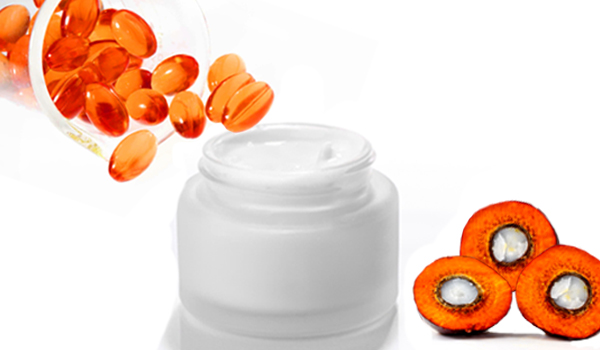Source: BBC News (bbc.com).

A daily dose of vitamin E could help people with dementia, research suggests.
A study in the journal JAMA found people with mild to moderate Alzheimer’s disease on high doses of vitamin E had a slower rate of decline than those given a dummy pill.
They were able to carry out everyday tasks for longer and needed less help from carers, say US researchers.
The Alzheimer’s Society said the dosage was very high and might not be safe.
In the study, 613 people with mild to moderate Alzheimer’s disease received either a daily dose of vitamin E, a dementia drug treatment known as memantine, a combination of vitamin E and memantine, or placebo.
It is vitally important that people always seek advice from their doctor before considering taking supplementsDr Doug Brown, Director of research and development at the Alzheimer’s Society
Changes in their ability to carry out everyday tasks – such as washing or dressing – were measured over an average of two years.
The study found participants receiving vitamin E had slower functional decline than those receiving placebo, with the annual rate of decline reduced by 19%.
Those on vitamin E (also known as alpha tocopherol) also needed less help from carers.
«These findings suggest that alpha tocopherol is beneficial in mild to moderate Alzheimer’s disease by slowing functional decline and decreasing caregiver burden,» said a team led by Dr Maurice Dysken of Minneapolis VA Health Care System.
Commenting on the study, Dr Doug Brown, director of research and development at the Alzheimer’s Society, said treatments which can help people with dementia carry out everyday tasks are key to enabling those with the condition to live well for as long as possible.
But he said more research was needed to see if vitamin E really does have benefits for people with dementia, and whether it would be safe to be taking such a high dose on a daily basis.
‘Talk to GP’
«It is vitally important that people always seek advice from their doctor before considering taking supplements,» he said.
«In this instance, the dosage of vitamin E taken by participants was much higher than the recommended daily allowance and was at a level that could be significantly harmful for some.»
Dr Eric Karran, director of research at Alzheimer’s Research UK, said the trial suggested vitamin E may modestly slow the decline in day-to-day functioning in people with mild to moderate Alzheimer’s, but without having an effect on memory and thinking skills.
He said it was too early to recommend vitamin E as a treatment.
«Until the findings from this trial have been replicated, we would not encourage people to take high doses of vitamin E supplements to try to prevent or treat Alzheimer’s,» he added.
«If people are concerned about their vitamin intake or diet, they should talk to their GP.»




